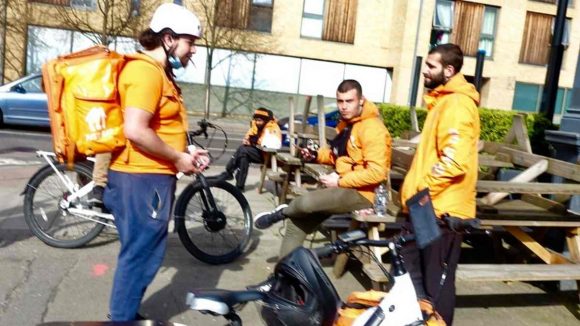Ride-hailing and food delivery apps Uber and Uber Eats are urging the Australian government to cautiously review the impact its proposed Closing Loopholes Bill will have on the industry.
In the latest red flag raised by the app, Uber warns that not only would it not be able to afford to keep as many drivers, but it would also lead to 140 million fewer trips.
With fewer trips, the company will have no choice but to withdraw its service from specific regions.
The impact will be on drivers, the business, customers, and commuters. It’s warned that it could trigger prices to increase by over 80%.
Risking jobs
There are warnings from labor and business that the proposed bill could have a dire impact on job security for contract workers.
According to reports, drivers and couriers might have to apply for an open role, show up for shifts, and be forced to accept every trip they receive.
To manage employment costs, Uber and other similar apps will have to employ fewer workers.
READ MORE: Uber calculates potential impact of Australia’s ‘Closing Loopholes’ bill
Impact of the bill
The Closing Loopholes Bill, formally known as the Fair Work Legislation Amendment Bill, was introduced in parliament last month. It’s now up for debate and is not yet adopted in its current form.
Business is seeing massive concerns with how it would impact companies. It will impact thousands of workers from different e-hailing services and food delivery platforms.
Keeping workers safe
The bill aims to keep workers safe who are deliberately being underpaid by giving them fair pay. This would be the same total rate as direct workforce employees. This could include bonuses and overtime.
If a company is found to deliberately refusing to abide by the legislation (when adopted), it could lead to a $7.8 million fine or jail time.
A tight spot for businesses
The new legislation proposal comes when the economy is still trying to recover from the bruises caused by the global COVID-19 pandemic.
On top of labor considerations, global inflation, uncertain supply chain, and growing consumer demands impact last-mile delivery.
Customers respond
Australians have mixed reactions to threats made by Uber. One user pins it down to “poor urban planning,” claiming food delivery services are only profitable in high-density areas.
Another person believes Uber is not innocent. “Workers deserve to be adequately treated. Use luxury service, pay for luxury service.”
About the author
Mia is a multi-award-winning journalist. She has more than 14 years of experience in mainstream media. She's covered many historic moments that happened in Africa and internationally. She has a strong focus on human interest stories, to bring her readers and viewers closer to the topics at hand.











